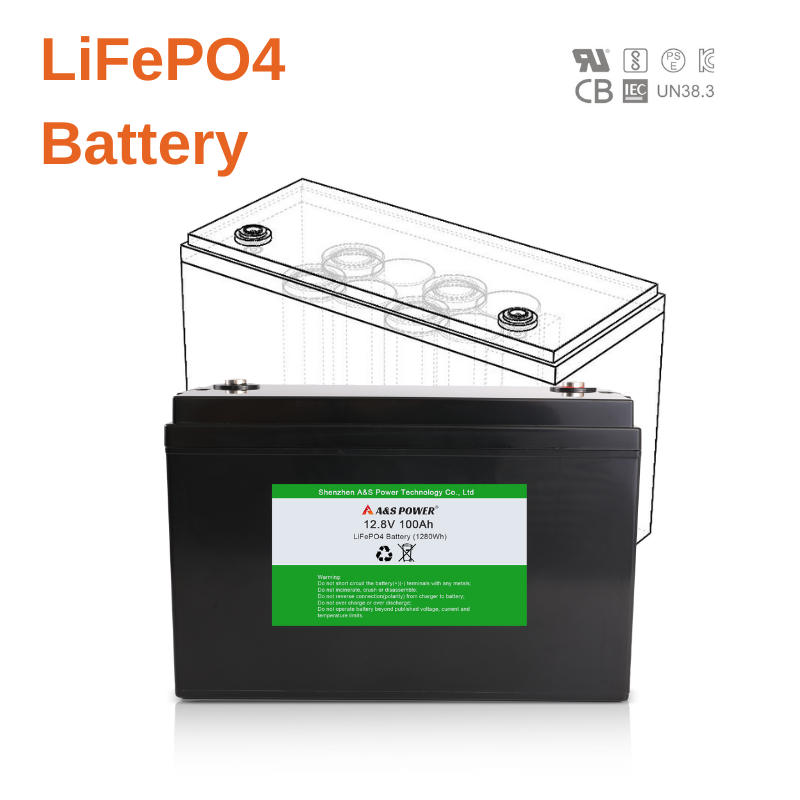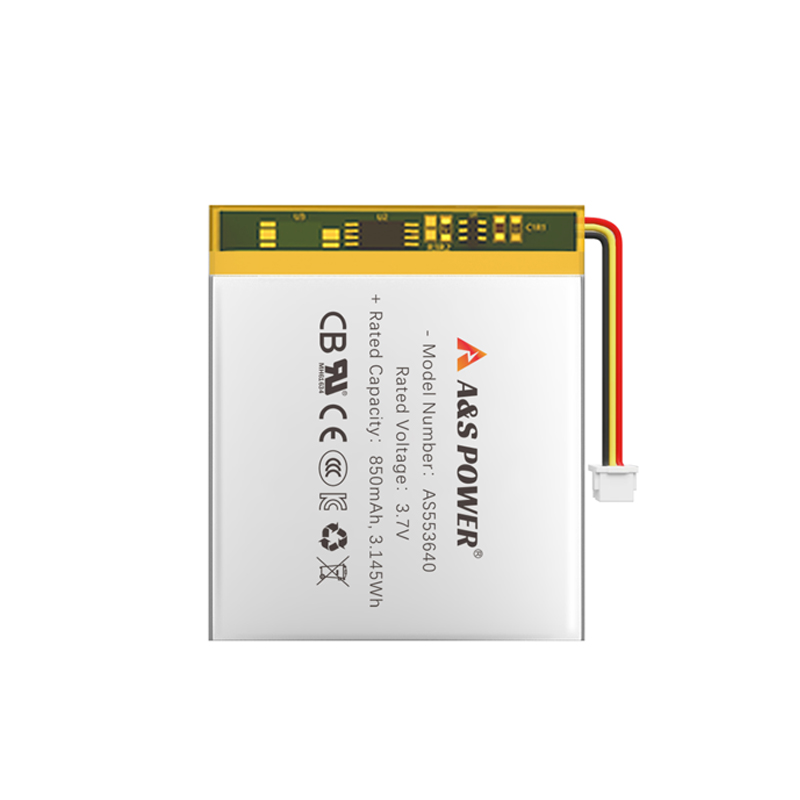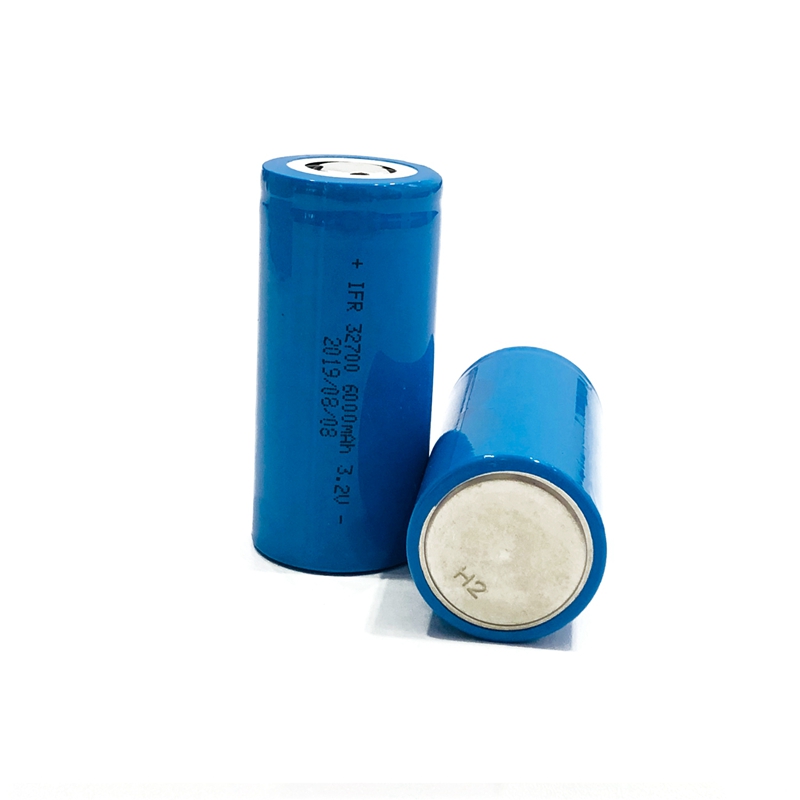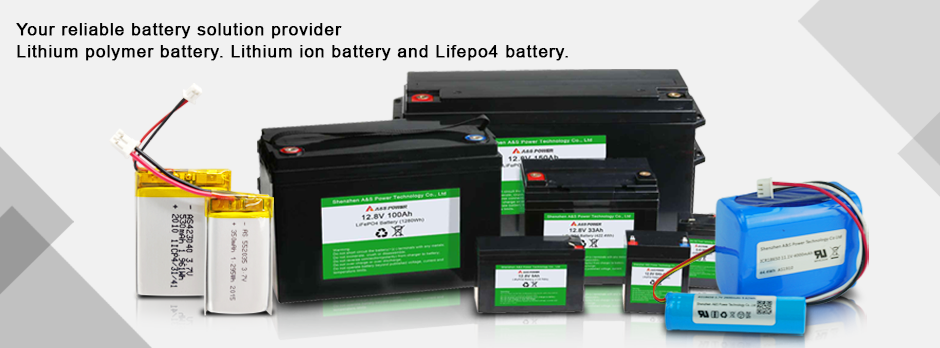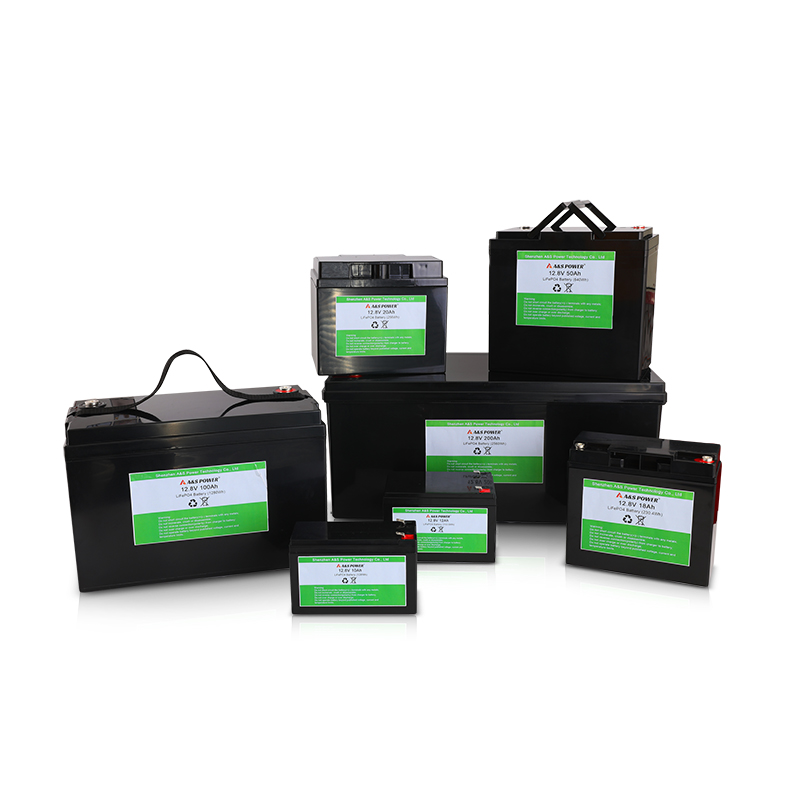What are the differences between lithium iron phosphate battery packs and lead-acid batteries?
2022-04-22
What are the differences between lithium iron phosphate battery packs and lead-acid batteries?
At present, there are three types of batteries commonly used in new energy vehicles and electric vehicles, lead-acid batteries, nickel-metal hydride rechargeable batteries, and lithium-ion batteries. With the upgrading of electric vehicle battery technology, the development and application of lithium batteries continue to rise. So, what are the differences between lithium iron phosphate battery packs and lead-acid batteries? Which is better, lead-acid battery or lithium iron phosphate battery?
What is a lithium iron phosphate battery?
The lithium iron phosphate battery is a lithium ion battery using lithium iron phosphate (LiFePO4) as the positive electrode material and carbon as the negative electrode material. LiFePO4 batteries have the advantages of high working voltage, high energy density, long cycle life, good safety performance, low self-discharge rate and no memory effect.
The nominal voltage of a single-cell lead-acid battery is 2.0V, which can be discharged to 1.5V and charged to 2.4V; in applications, 6 single-cell lead-acid batteries are often connected in series to form a nominal 12V lead-acid battery , and 24V, 36V, 48V, etc.
What is the difference between a lithium iron phosphate battery pack and a lead-acid battery?
1. In terms of volume: lead-acid batteries are relatively large in size, generally weighing about 15-30 kg; lithium iron phosphate batteries are relatively small in size, generally weighing 2.5-3.0 kg.
2. In terms of energy density ratio: under the same volume, the energy density of lithium iron phosphate battery is 3~4 times that of lead-acid battery, 2.5 times that of nickel-cadmium battery, and 1.8 times that of nickel-metal hydride battery, so the battery capacity is equal. In this case, lithium-ion batteries are smaller and lighter than lead-acid, nickel-cadmium, and nickel-metal hydride batteries.
3. In terms of service life: the cycle life of lead-acid batteries is about 300 times. The lithium iron phosphate battery pack can be charged and discharged at 1C at room temperature, the capacity of the monomer is still greater than 80% after 2000 cycles, and the 3C cycle life can reach more than 800 times. Lead-acid batteries have high requirements on ambient temperature, and their service life does not exceed 5 years under harsh ambient temperatures. The lithium iron phosphate battery has a longer service life under the same conditions.
4. In terms of safety performance: lead-acid batteries, lead-acid batteries will explode under strong collisions, posing a threat to the life safety of consumers. Lithium iron phosphate battery pack: Lithium iron phosphate battery completely solves the hidden safety problems of lithium cobalt oxide and lithium manganate. Lithium cobalt oxide and lithium manganate will explode under strong collision, while lithium iron phosphate has passed strict safety measures. Tested, no explosion even in violent collisions.
5. In terms of temperature range: lead-acid batteries can be used in the temperature range of -20℃-50℃, with low self-discharge. The lithium iron phosphate battery pack has a thermal peak of 350~500℃, a wide operating temperature range (-20~+75℃), and can still release 100% at high temperature (60℃).
6. In terms of charging efficiency: lead-acid batteries, general electric vehicle lead-acid battery chargers, when 100% of the electricity is used up, the charging time will be 8~10 hours. Due to the higher activity of the material and electrolyte of the lithium battery, the lithium iron oxide battery pack can be quickly charged, and can be quickly charged and discharged at a high current of 2C. The battery can be fully charged within 40 minutes after charging at 1.5C under a special charger, and the starting current can reach 2C.
7. In terms of no memory effect: the lead-acid battery has a memory effect, and the rechargeable battery often works under the condition of being fully charged, and the capacity will quickly drop below the rated capacity value. Lithium iron phosphate battery packs do not have this phenomenon. No matter what state the battery is in, it can be used at any time without having to discharge it completely before charging.
8. Green environmental protection: There is a large amount of lead in the lead-acid battery in the lead-acid battery electric vehicle. If it is disposed of improperly, it will pollute the environment. The lithium iron phosphate material does not contain any heavy metals and rare metals, is non-toxic, and has no pollution in production and use. It complies with European RoHS regulations. It is a green battery and has become a research hotspot.
9. Use and maintenance: lead-acid batteries often have some failures, so the daily maintenance is frequent, and the maintenance cost will increase accordingly. The lithium iron phosphate battery pack does not require frequent maintenance, because its performance is very stable, and it only needs regular inspection and testing every day.
Follow us and explore more! 👉 Facebook


